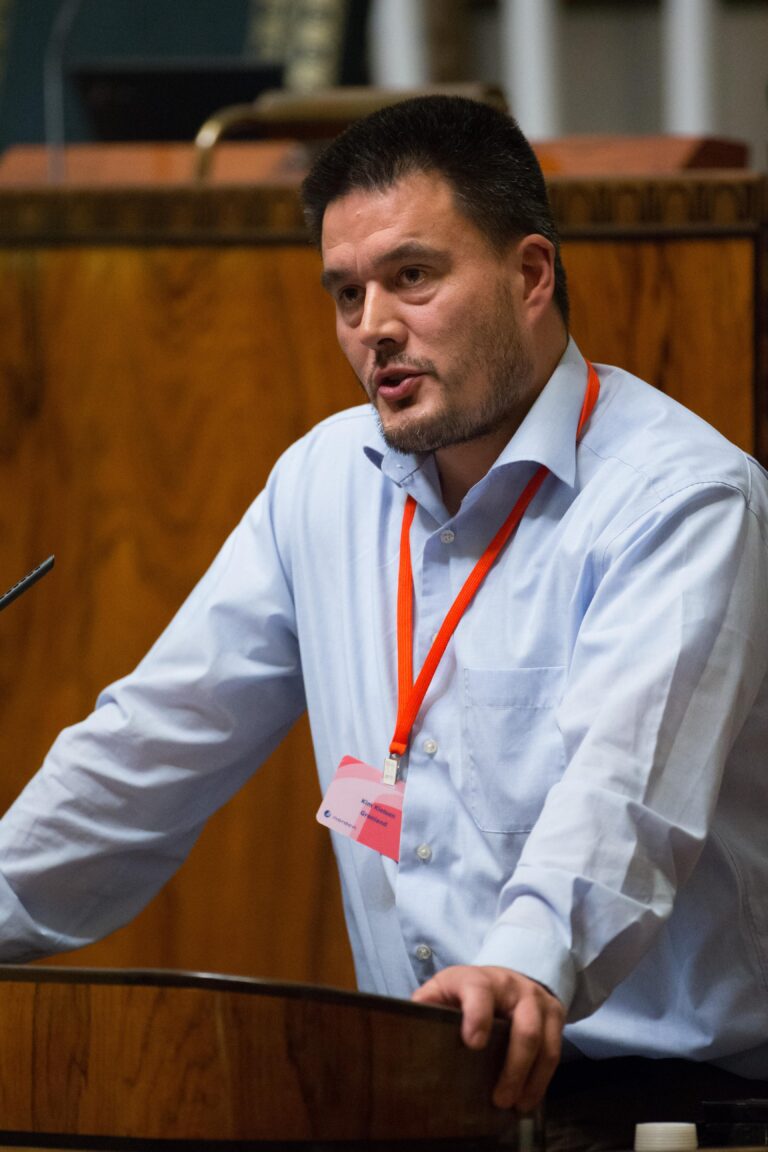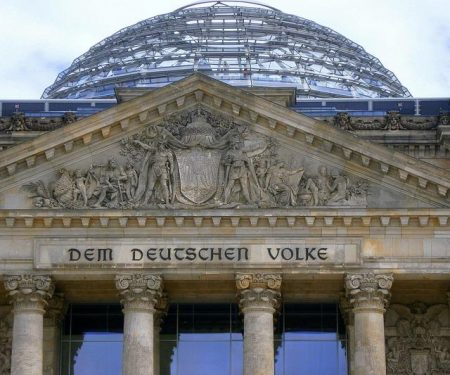Greenland’s Prime Minister Challenges U.S. Involvement in Island’s Political Sphere
In a bold diplomatic move, Greenland’s Prime Minister has publicly condemned the United States for what he terms as undue interference in Greenland’s internal governance. During a recent media briefing, he explicitly declared that a visiting U.S. delegation was “unwelcome” and would not be permitted to participate in forthcoming political discussions. This declaration highlights escalating strains between Nuuk and Washington, fueled by American ambitions in the Arctic’s resource-rich and strategically vital region.
Greenland’s Demand for Sovereignty and Control Over Resources
The Prime Minister emphasized several critical points underscoring Greenland’s stance:
- Preservation of Greenlandic self-rule: Advocating for political independence free from external coercion.
- Exclusive management of natural assets: Insisting on local authority over Arctic minerals, oil, and gas reserves.
- Respect for diplomatic boundaries: Calling for foreign governments to honor Greenland’s jurisdiction and decision-making autonomy.
| Topic | Greenland’s Perspective | U.S. Objectives |
|---|---|---|
| Political Independence | Full autonomy in governance | Influence over regional policies |
| Resource Sovereignty | Prioritizing local resource control | Securing access to Arctic commodities |
| Diplomatic Engagement | Demanding respect for jurisdiction | Maintaining strategic alliances |
Examining the Diplomatic Rift Between Nuuk and Washington
The relationship between Greenland and the United States has deteriorated sharply following the Prime Minister’s pointed accusations of American meddling. His declaration that the U.S. delegation was “not invited” signals a rare and direct rebuke, challenging traditional diplomatic protocols and indicating a cooling of bilateral ties. This public confrontation reflects deep-seated frustrations in Greenland over perceived U.S. attempts to exert influence, particularly concerning Arctic strategic interests and resource exploitation.
Several core issues have intensified this diplomatic strain:
- U.S. focus on expanding military presence in the Arctic, which Greenland views as a threat to its sovereignty.
- Greenland’s firm stance against external pressure on mining policies and environmental safeguards.
- Opaque negotiation processes that have bred mistrust on both sides.
| Core Issue | Greenland’s Viewpoint | U.S. Position |
|---|---|---|
| Military Installations | Opposes foreign bases on its soil | Seeks strategic defense foothold |
| Natural Resource Governance | Emphasizes environmental protection and sovereignty | Promotes economic collaboration |
| Diplomatic Access | Selective and controlled engagement | Advocates for open dialogue |
Broader Consequences for Arctic Geopolitics and Global Relations
The Prime Minister’s outspoken remarks highlight the intensifying geopolitical contest in the Arctic, where control over territory and resources is fiercely contested by major powers. Greenland’s public refusal to accept U.S. interference signals a shift toward stronger self-determination and a warning to Washington and its allies that local governance will not be compromised. This stance is likely to complicate diplomatic ties as Arctic nations reassess their alliances and emphasize indigenous leadership and environmental stewardship.
Notable regional impacts include:
- Increased diplomatic tensions: The U.S. may need to recalibrate its Arctic strategy to better respect Greenland’s autonomy.
- Empowerment of Greenland’s regional role: This episode could catalyze stronger cooperation among Arctic states aiming to balance power.
- Heightened emphasis on resource sovereignty: Greenland’s position may inspire more assertive claims over newly accessible Arctic resources as ice melts accelerate.
| Entity | Role in Arctic Affairs | Current Approach |
|---|---|---|
| Greenland | Self-governing Arctic territory | Pursuing political independence from U.S. influence |
| United States | Key Arctic strategic actor | Aiming to maintain regional influence |
| Russia | Major Arctic claimant and military presence | Expanding territorial and economic reach |
| China | Non-Arctic but influential stakeholder | Advancing ‘Polar Silk Road’ infrastructure projects |
Strategies to Reduce Conflict and Promote Respectful Dialogue
To defuse the current diplomatic tensions and encourage constructive engagement, several key strategies should be implemented. First and foremost, both Greenland and the United States must reaffirm their commitment to respecting each other’s sovereignty and political independence, avoiding any form of coercion or undue influence. Maintaining open and transparent communication channels is essential to prevent misunderstandings and build mutual trust.
Additionally, establishing impartial mediation forums involving neutral third parties could facilitate fair conflict resolution. Collaborative initiatives focusing on shared priorities—such as environmental conservation, sustainable resource development, and Arctic security—can serve as foundations for rebuilding cooperation. The table below summarizes actionable recommendations along with responsible stakeholders and anticipated benefits:
| Recommendation | Primary Participants | Expected Result |
|---|---|---|
| Uphold political sovereignty | Greenlandic authorities, U.S. government | Diminished perceptions of interference |
| Maintain transparent dialogue | Diplomatic envoys, foreign ministries | Enhanced mutual understanding |
| Create neutral mediation platforms | International organizations, Arctic Council | Fair and unbiased conflict resolution |
| Develop joint environmental projects | Greenlandic agencies, U.S. environmental bodies | Strengthened bilateral cooperation |
- Respect Greenland’s sovereignty to prevent further diplomatic rifts.
- Focus on collaborative ventures that highlight mutual benefits and shared interests.
- Utilize impartial mediators to ensure balanced and transparent negotiations.
Conclusion: Navigating a Complex Arctic Future
The recent public denunciation by Greenland’s Prime Minister marks a pivotal moment in the island’s evolving political narrative. As tensions with the United States intensify, the international community is closely monitoring how Washington responds to these challenges. This episode highlights the fragile equilibrium of power and influence in the Arctic, a region of growing geopolitical significance amid climate change and resource competition. Future developments will be critical in shaping the trajectory of Greenland-U.S. relations and the broader Arctic geopolitical landscape.







